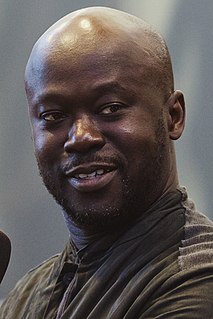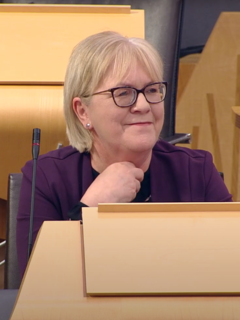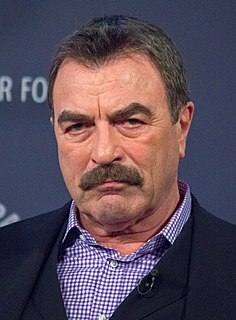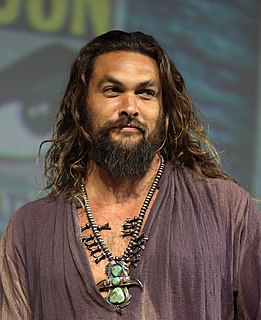A Quote by Orhan Pamuk
'The Museum of Innocence' is not about politics; it's a love story, but I think it's political in the sense that it wants to capture how a man suppresses a woman.
Related Quotes
The museum in D.C. is really a narrative museum - the nature of a people and how you represent that story. Whereas the Studio Museum is really a contemporary art museum that happens to be about the diaspora and a particular body of contemporary artists ignored by the mainstream. The Studio Museum has championed that and brought into the mainstream. So the museums are like brothers, but different.
The idea that a book can advise a woman how to capture a man is touchingly naive. Books advising men how to capture a woman are far less common, perhaps because few men are willing to admit to such a difficulty. For both sexes, I recommend a good novel, offering scenarios you might learn from, if only because they reflect a lot of doubt.
Elites are inevitable in politics. That is how politics is going to work. The question is, are your elites responsible, public-spirited? Do they think about the interests of others, not just themselves? And the story of Western politics since the beginning of the century is that as elites become more separated, more selfish, as they leave behind their populations and don't think about them, they become discredited. And the people look for alternatives. But the alternative is worse. Those rules of the game protect us all. And they are more precious than almost any political outcome.
The innocence of those who grind the faces of the poor, but refrain from pinching the bottoms of their neighbour's wives! The innocence of Ford, the innocence of Rockefeller! The nineteenth century was the Age of Innocence--that sort of innocence. With the result that we're now almost ready to say that a man is seldom more innocently employed than when making love.
I can't define myself as a political writer - I don't think I've earned it, and I don't function as a political writer in the way that many of the writers I admire do. It's not simply a question of context, of where I'm writing from - there is much in American society that urgently needs to be written about. I think your work is always engaged with politics in the looser sense of the word - and that looseness is itself a kind of privilege - because politics and culture are evidently intertwined.
I think people sometimes get the wrong impression when they're like, Oh, well, so-and-so was straight and then she was gay, and now she's straight again, you know? But it's like, how many times do I have to kiss a woman before I'm gay? Everybody wants to label people. Sometimes you just fall in love with somebody, and you're really not thinking about what gender or whatever they happen to be. It think that if I happen to fall in love with a woman, everyone's going to make a big deal out of it. But if I happen to fall in love with a man, nobody cares.
When a man thinks about a woman he thinks about love, he never thinks about marriage. When a woman thinks about a man, she thinks about marriage. Love is secondary, security is first. She lives in a different kind of world - maybe in the future she may not, but in the past the only problem for the woman was how to be secure.
I'm not sure that all books aren't that way. I think that might apply to any book I was writing. The book was kind of the product of this enormous infatuation I had, not only with the office and office politics, but with perspective, and trying to tell a story from as wide a range of perspectives as you possibly can. I tried to capture it all with the first-person plural, but once I settled on that, I used it to tell the story from as many angles as I could. I guess, to put it romantically, it was about a love affair with the craft of perspective.
Thinking about making a love story without music was really frightening, Sciamma admitted. Because every love story we know, we think about 'Titanic' we think about the music, we think about 'Gone with the Wind' we think about the music, we think about 'E.T.' we think about the music, and every love story has its own tune, 'That's our song.'






































